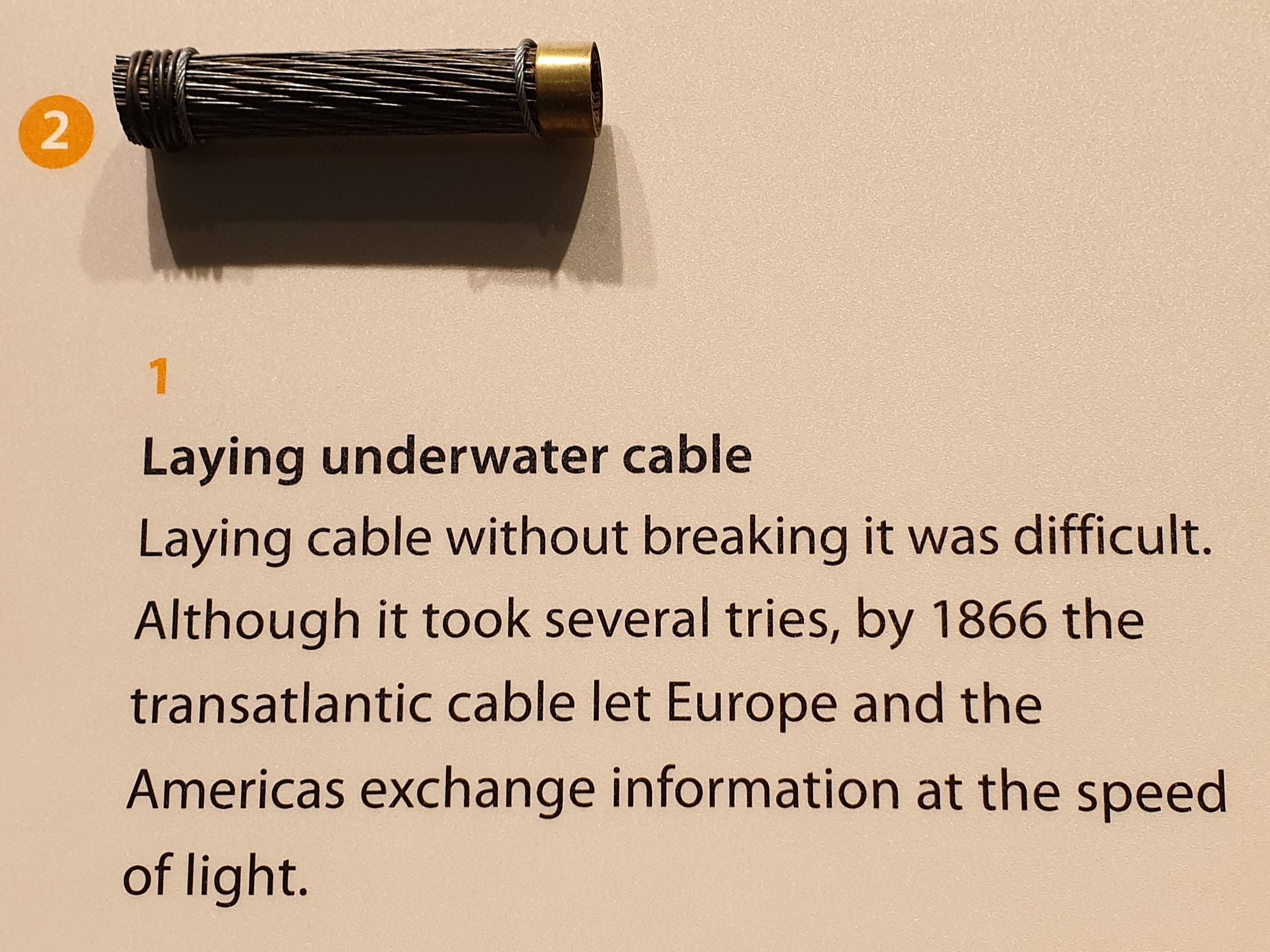This checkin to GC703ZD Chocolate Chip Doughnuts
reflects a geocaching.com log entry. See more of Dan's cache
logs.
Recognised this style of recipe right away; I’ve been cooking things like this for years: maybe I’ve even got the same recipe book as you?
Anyway, it didn’t take me long to have a doughnut in one hand and the cache in the other. I was slowed down a little by the discovery that I accidentally left my GPSr on charge in my hotel room this morning, but luckily my phone did well enough to get me to the GZ.
Neat hiding place: you couldn’t manage a spot like that back in the UK, where I do most of my caching! TFTC!
Update: I later found my GPSr in the wrong pocket of my bag: it had been with me the entire time…
